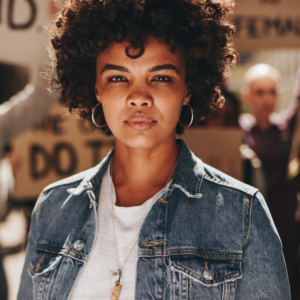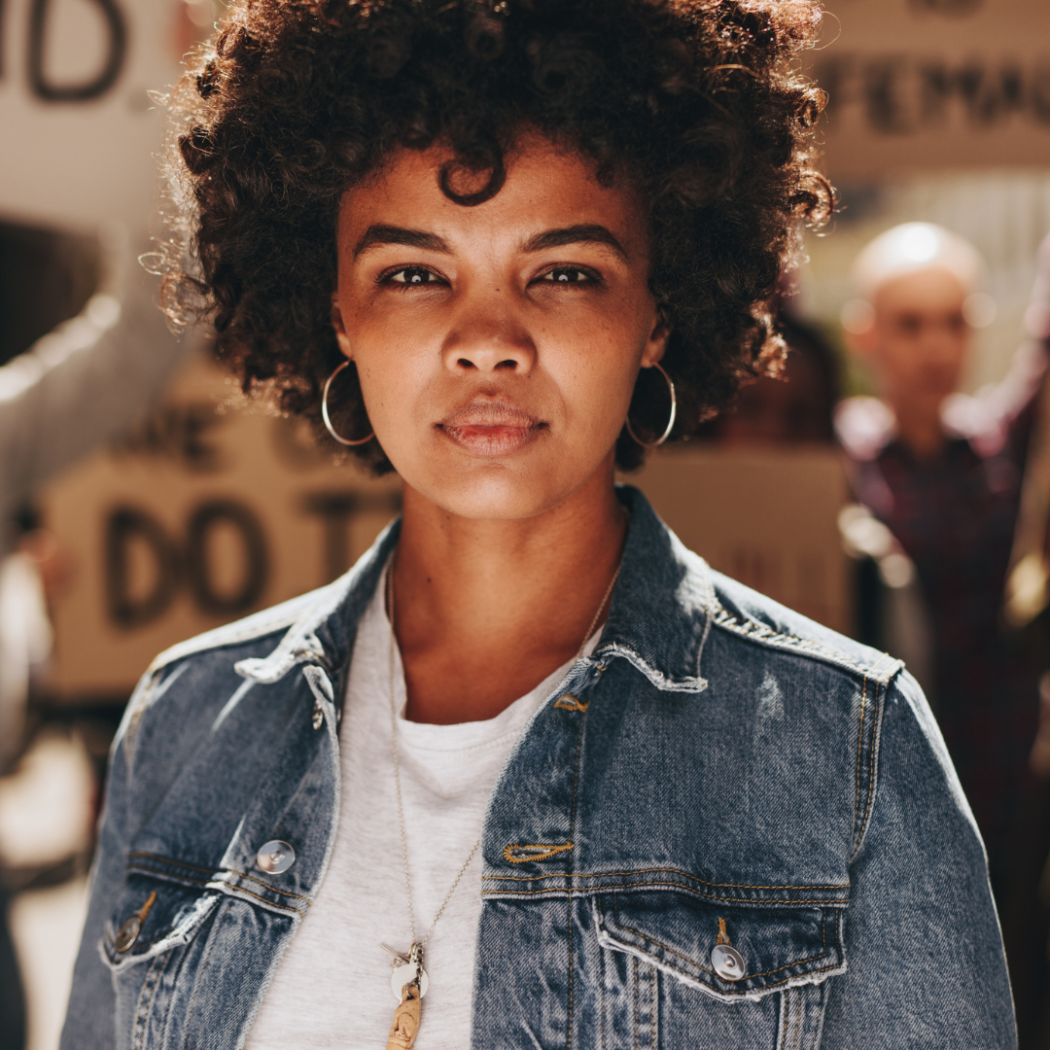 In October 2017, the #MeToo movement went viral, as millions of people across the world shared their stories of experiencing sexual violence at some point in their life. Social media and the news were flooded with personal accounts of survivorship as the hashtag gained more and more traction. The world was forced to confront what has been historically documented from as far back as ancient Greece: society exists within a rape culture bubble.
In October 2017, the #MeToo movement went viral, as millions of people across the world shared their stories of experiencing sexual violence at some point in their life. Social media and the news were flooded with personal accounts of survivorship as the hashtag gained more and more traction. The world was forced to confront what has been historically documented from as far back as ancient Greece: society exists within a rape culture bubble.
Rape myths have permeated society, affecting beliefs and attitudes of how we respond to acts of sexual violence. Far too often are survivors asked what they did to bring upon sexual harassment, when the narrative should be flipped. Harmdoers aren’t held accountable in a society with a flawed justice system that is heavily influenced by racism, sexism, homophobia, ableism, and other forms of oppression. This all needs to change, and we are well within our abilities to do so.
Sexual violence is an intersectional, feminist issue at its core. Sexual violence doesn’t discriminate; anyone can experience violence regardless of race, gender, sexuality or socioeconomic class. Herein lies how it is a feminist issue: sexual violence is based in power and oppression. It has long been used as a tool to oppress people in this country, as survivors often feel isolated, shame, and a lack of control following trauma from sexual violence. Marginalized people were forced to experience sexual violence as a weapon all throughout history in order to show dominance over entire populations. Even today, sexual violence is weaponized against those who hold marginalized identities, who experience this at higher rates.
Power and prejudice go hand in hand when examining sexual violence. By centering the anti-sexual violence movement around anti-oppression, we can dismantle barriers to services for survivors. Our world has often silenced voices of the oppressed, and gives a platform and holds space for those who cause harm. It is time to lift these voices up, and ensure that all systems are able to respond to survivors from all backgrounds.
Viewing sexual violence as a solitary issue would be neglecting so many overlaps with other societal issues, such as racism. As mentioned earlier, sexual violence doesn’t discriminate, and therefore is an intersectional issue. Sexual violence disproportionately impacts women and people who hold more than one marginalized identity. Our society cannot simply fail to acknowledge how rape and other forms of sexual violence intersects with other identifiers. In doing so, we are setting our society up to fail to serve survivors. There is no blanket solution to sexual violence, and sexual violence unfortunately will not end in our world without dismantling the many other forms of oppression that discriminates against some groups while benefiting others.
Sexual violence is not about sex. Stop here, read that again, and sit with it. Sexual violence has never been about sex, but instead is about power, control, and is opportunistic. This is one of the biggest misconceptions about rape and other forms of sexual violence, and is where our rape culture stems from. Rape culture, by definition, is an environment in which rape is prevalent and in which sexual violence is normalized and excused in the media and popular culture. This environment is nurtured by myths about sexual violence, and is reinforced through socialization. This includes, and is not limited to, family and community norms, schools and the media.
Rape myths are incredibly harmful and reinforce the negative cycles of violence we see in society. Rape myths can take many forms: some are general attitudes toward sexual violence, and some are flat out misleading and dangerous. Take, for example, a very common rape myth: most cases of rape are falsely reported and fake. In reality, only 2-8% of reported rapes are falsely reported, which is the same percentage as other felony crimes. This myth downplays the frequency in which rapes and other acts of sexual violence occurs, when nearly 1 in 5 women and 1 in 67 men in the U.S. have experienced rape or attempted rape at some point in their lives.
Our society existing within the rape culture bubble means we have no chance for equality, and places responsibility on marginalized communities to protect themselves from violence. We cannot move forward without dismantling rape myths, and therefore dismantling rape culture. Undoing years of misconceptions is an uphill battle, but is necessary for us as advocates to do.
Healing and justice looks different for every survivor, but even starting at the basics and believing survivors is a great step toward ending rape culture and sexual violence. Choose to believe survivors every day, and join the movement to end sexual violence.
I am so grateful for the opportunity to work at the North Carolina Coalition Against Sexual Assault, where I get to work with advocates across the state and country who are working to end sexual violence. It’s here that I’m able to use my energy and passion to serve survivors every day. But for many, it can be overwhelming when trying to get involved in the movement. Many feel they aren’t experts on the subject, or don’t have enough time to get involved: but there’s always a place to start. By starting conversations about sexual violence in your community, or being an active bystander, or even just believing survivors, you are already helping the movement to end sexual violence.
For more information and resources about sexual violence and NCCASA, please visit our website at: https://nccasa.org/. If you or a loved one would like to find local resources, please visit our “Get Help” page, where you can find a directory of rape crisis centers across the state: https://nccasa.org/get-help/. For a comprehensive training on sexual violence, register to take our “Sexual Assault 101 Learning Course,” or a wide variety of other trainings on Coalition Manager.
 Alexandra Smith | Communications and Training Specialist @ NCCASA
Alexandra Smith | Communications and Training Specialist @ NCCASA
alexandra.smith903@gmail.com

There are no comments
Add yours